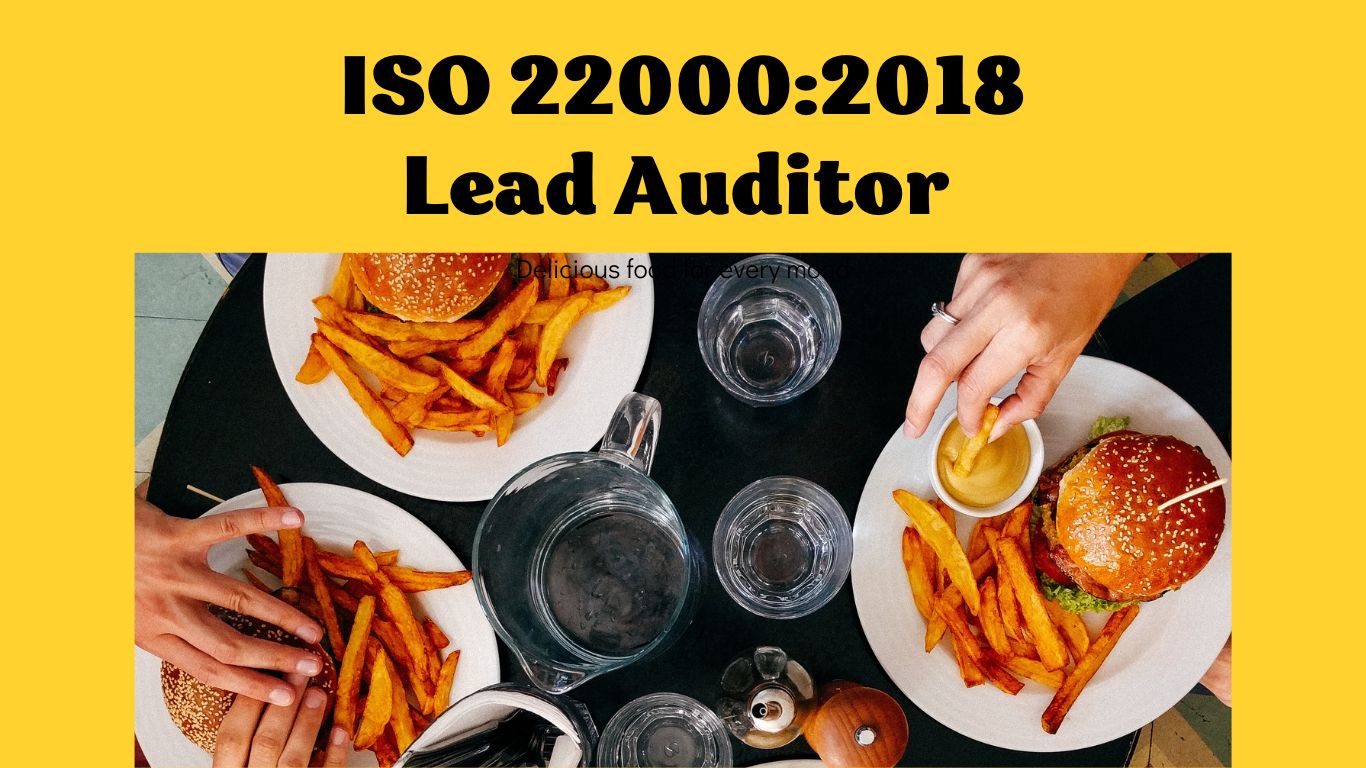ISO 22000:2018 (Lead Auditor)
ISO 22000 FSMS Auditor / Lead Auditor training course sets out the criteria for a systematic approach to controlling food safety hazards and ensuring that food is safe for consumption. Through this course, you will learn the tools and techniques of how to plan, lead and report audits within your own organization, your suppliers or third party organizations.
Objectives
The primary objectives of Food Safety Management Systems (FSMS) are:
- Ensure food safety: Protect consumers from harmful food products.
- Prevent contamination: Identify and control hazards throughout the food chain.
- Reduce risk: Minimize foodborne illness and injury.
- Meet regulations: Comply with local, national, and international food safety standards.
- Enhance credibility: Demonstrate commitment to food safety, increasing customer trust.
- Improve efficiency: Streamline processes, reducing costs and improving productivity.
- Continual improvement: Regularly assess and improve FSMS effectiveness.
Course Duration and Fee:
This is a five-day intensive course and fee covers training course manual and welfare.


